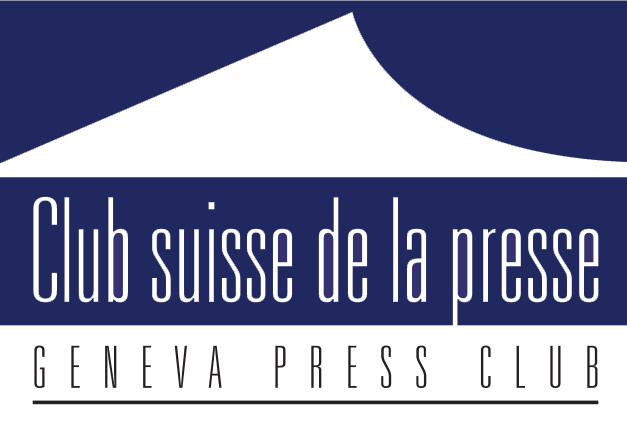Crimes de guerre en Ukraine? le Conseil des droits de l’homme en question
Crimes de guerre en Ukraine? le Conseil des droits de l’homme en question
D’innombrables indices tendent à démontrer que les forces russes ont commis des crimes de guerre en Ukraine. Divers organismes internationaux, gouvernementaux et non gouvernementaux ont entamé des enquêtes sur le terrain pour recueillir des témoignanges et établir les faits alors que certains parlent déjà de génocide. La presse de son côté a déjà rapporté de nombreux témoignages de victimes et constaté des actes qui en tous points semblent violer les Conventions de Genève et constituer des crimes de guerre.
De son côté, le Conseil des droits de l’homme, sur demande de l’Ukraine soutenue par large majorité, s’est réuni en session extraordinaire le 12 mai pour débattre de la violation des exactions commises en Ukraine et pour constituer une commission d’enquête. Quelles sont les preuves nécessaires pour juger les agresseurs? Quel est le tribunal adapté? Quel est le rôle des uns et des autres et en particulier du Conseil des droits humains? Quelle est son autorité de cette instance? Quels sont ses moyens et ses objectifs? Le Conseil des droits de l’homme qui a succédé à la Commission du même nom décrédibilisée pour accueillir en son sein des violeurs déclarés de droits humains comme la Libye, se trouve aujourd’hui confronté à un défi important. Est-il envisageable, un jour, de juger Vladimir Poutine, si les charges contre lui sont suffisantes? Que nous ont appris les procès suite à la guerre en Bosnie?
THEY SAID :
par Luisa Ballin
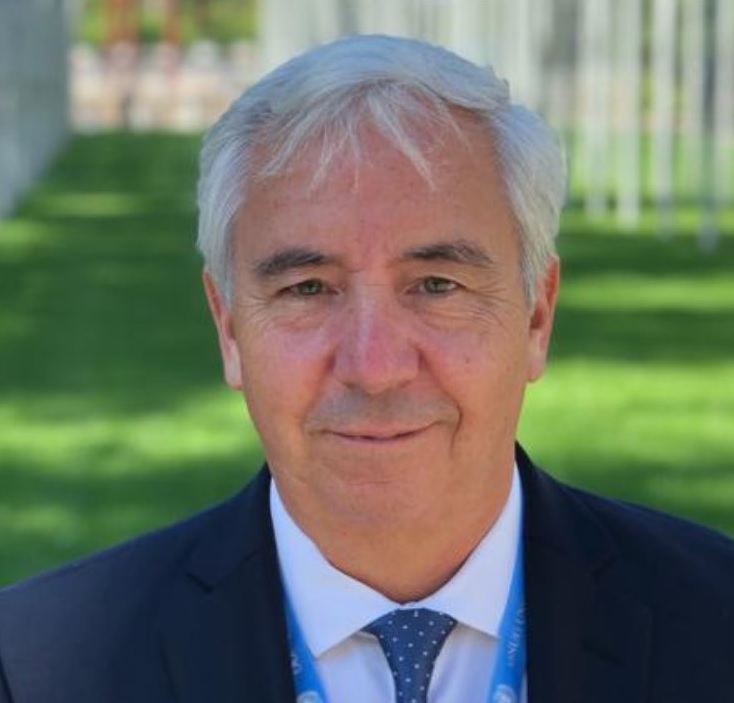
Ambassador Federico Villegas, President of the Human Rights Council
We refer to mass atrocities, including war crimes that go beyond war crimes. We are watching live, in this conflict, many categories of different mass atrocities.
All the mechanisms are complementary. They all want justice and accountability. That is the real reparation for the victims of these atrocities. We need coordination. The members of the Commission which has been created will work with other instances. The job of the Commission is not only to collect evidences and to identify possible responsible to eventually be prosecuted. The Commission of inquiry will report to the Council of Human Rights. We will have to see what is the impact of the trials already going on the ground in these mechanisms. It is another type of intention of accountability. It is legitimate in any conflict, not only in this one…It is important to mention that the system applies to members and observers. Each UN member is a client of the Human Rights Council. It is important that the engagement of Russia with the UN system continuous. It is not the first case…We wouldn’t have a Human Rights Council if it weren’t for the NGOs.
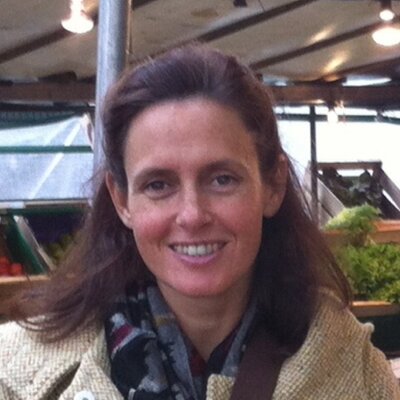
Mrs Lucy McKernan, United Nations Acting Geneva Director Advocacy, Human Rights Watch
We have been very concerned about the situation in Ukraine. We can report that we have documented apparent cases of war crimes, and potential crimes against humanity, including cases of summary executions, torture, enforced disappearances, indiscriminate use of weapons, cluster munitions, which are prohibited and have very severe impact on civilian populations.
We are really pleased to see the amount of political will for seeking accountability for the crimes we are seeing in Ukraine. That is a kind of justice that intervened and have been activated, which is a very positive thing. There is no doubt that because of the scale of abuses that we have seen, we will need a lot of actors playing different roles. The ICC, traditionally, will take on a couple of cases. They won’t take on the hundreds of thousands of cases that are needed. We are also pleased to see some States undertaking investigations on the basis of the universal jurisdiction.
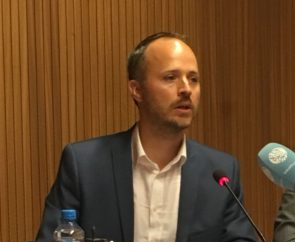
Mr Kevin Whelan, Amnesty International Representative to UNOG
Coordination is essential. We have to ensure that each mechanism involved coordinates.
Clearly, the Security Council has failed to see atrocities in Ukraine in face of the Russian veto. That is directly an indictment of the Security Council. In this issue, it is not directly an indictment of the Human Rights Council. The Human Rights Council or any inter-governmental body can’t do everything. The ideal is that all work as part of the functional system although we all know that the system is not always functional. As Ambassador Villegas said, there is no veto at the Human Rights Council. So, you have seen that the Human Rights Council acts at a time when the Security Council hasn’t. Some advancement on evidence preservation at the Human Rights Council is at a result of the Security Council blockages. Ultimately, the Human Rights Council needs to be measured not about what happens in Geneva but about what happens on the ground.
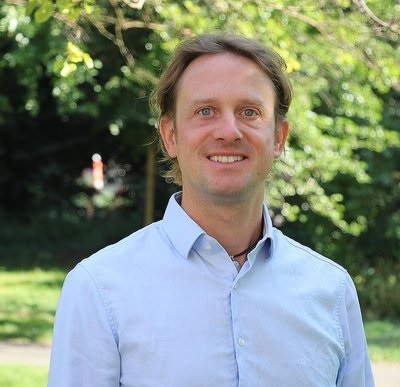
Mr Felix Kirchmeier, Executive Director at Geneva Human Rights Platform
We are not on the ground. We provide legal classification of the conflict. We heard about NGOs activities and also on fact finding missions. Comparing to other conflicts, you have so many levels that could look into, that are often also may be political. We have many conflicts ongoing around the world. We have a big spotlight in Ukraine. It is closer to Europe, let’s be frank about that. Surely, many of us could not imagine such an aggression coming next door. In terms of violations, I think it is may be not that different from what we have had in different other conflicts and there were comparisons to draw including with the involvement of the government of Russia.
The exclusion of Russia from the Human Rights Council came at another historical moment, at time that the five permanent members of the Security Council were also members in the Human Rights Council. We had debates on the value of the Council, where there are members and observers. The exclusion of Russia in the membership was a good thing. But it won’t be good to exclude Russia from discussions in the Human Rights Council and in the wider UN system. It is necessary to have a space where you can discuss whatever differences you have. This is also partly why the UN was established.
Conférenciers
Mr. Federico Villegas
President of the UN Human Rights Council, Ambassador of Argentina
Mrs. Lucy McKernan
United Nations Deputy Director Advocacy at Human Rights Watch
Mr. Kevin Whelan
Amnesty International Representative to the United Nations in Geneva
Mr. Felix Kirchmeier
Executive director at Geneva Human Rights Platform
Mr. Pierre Ruetschi
Directeur exécutif, Club suisse de la presse
